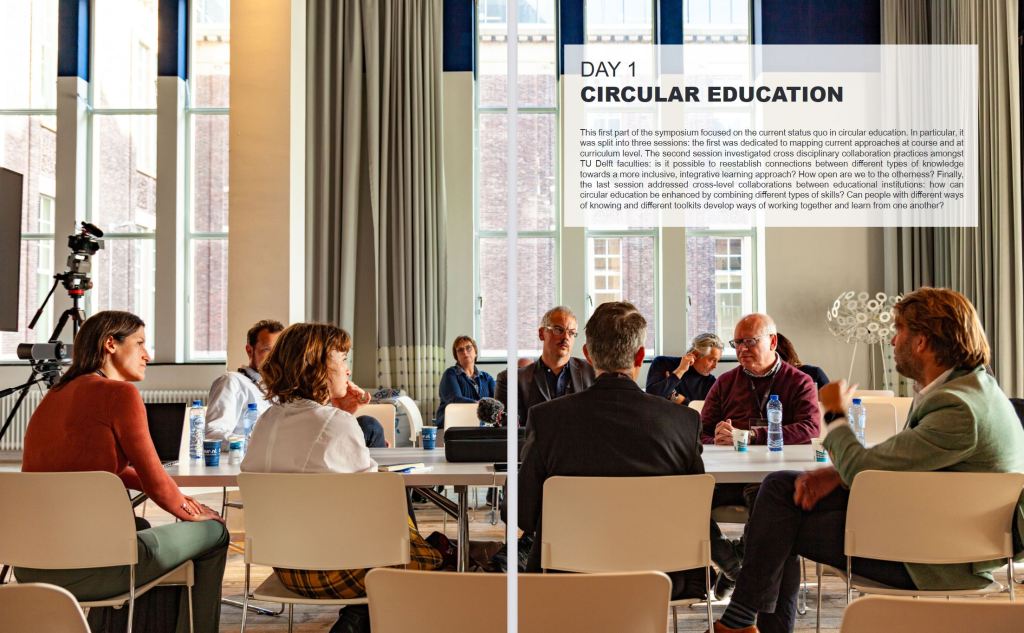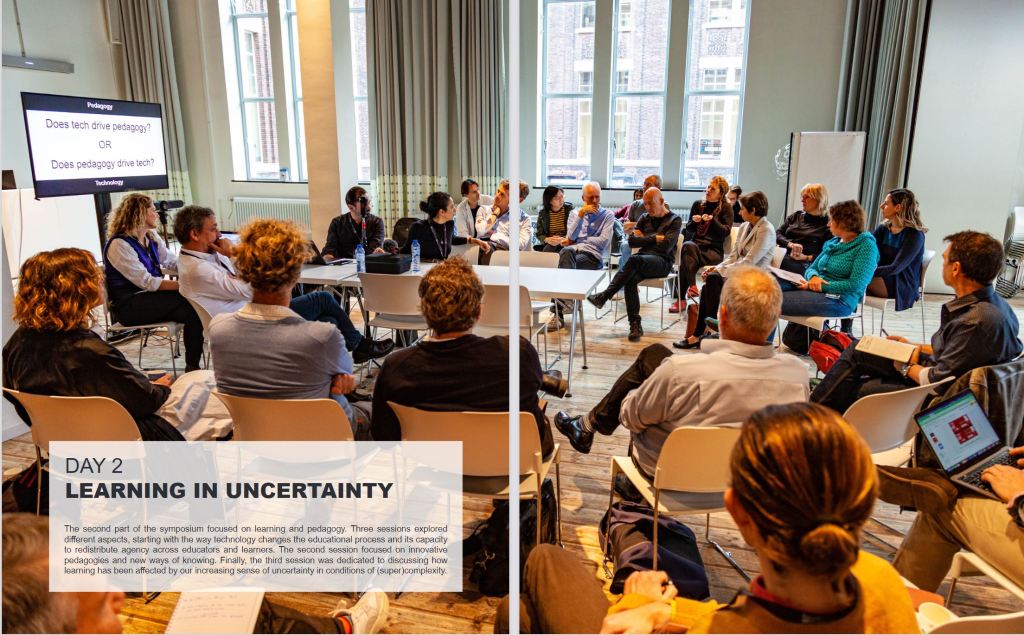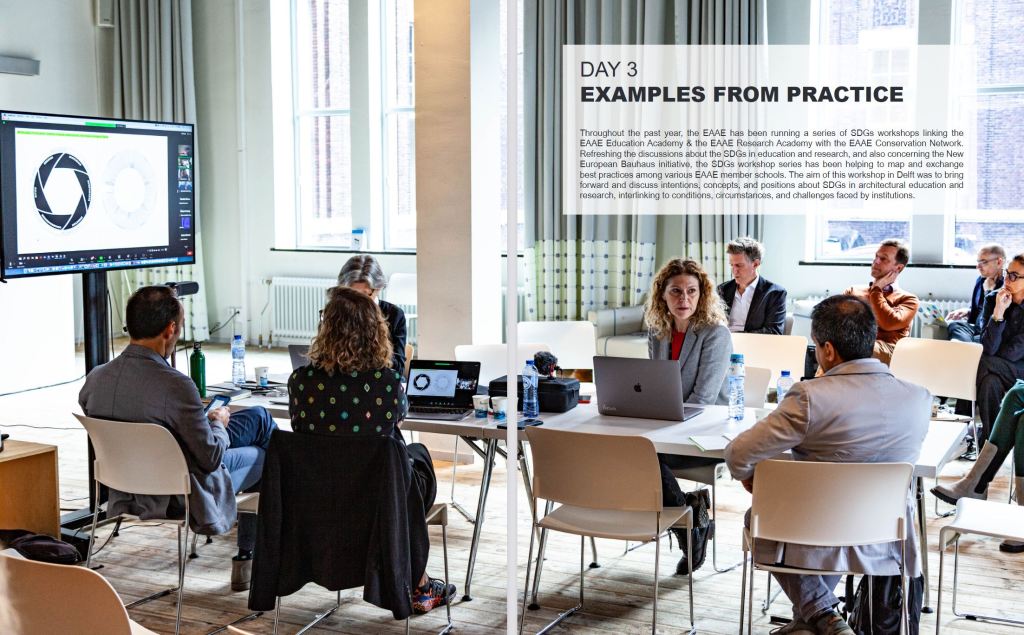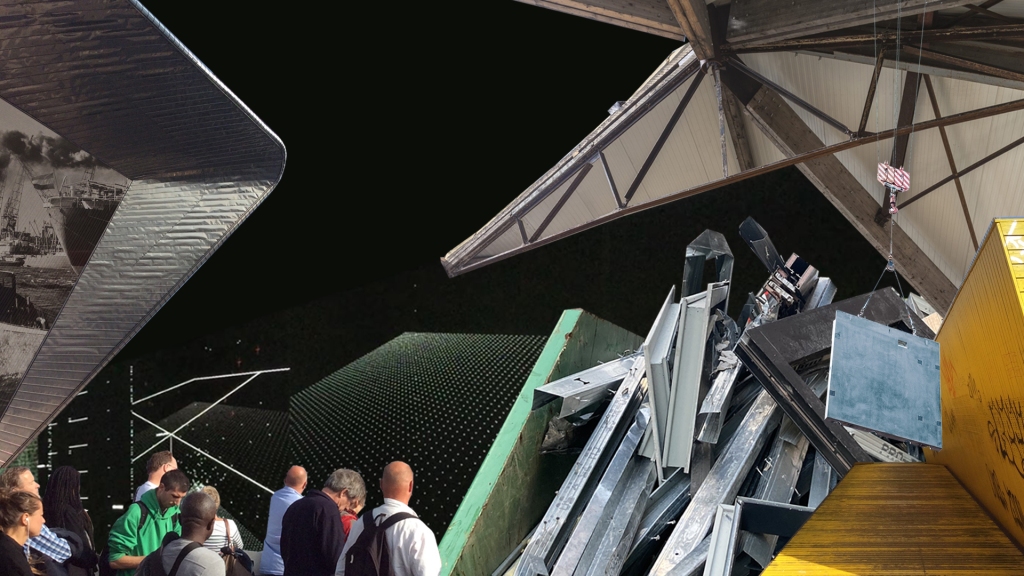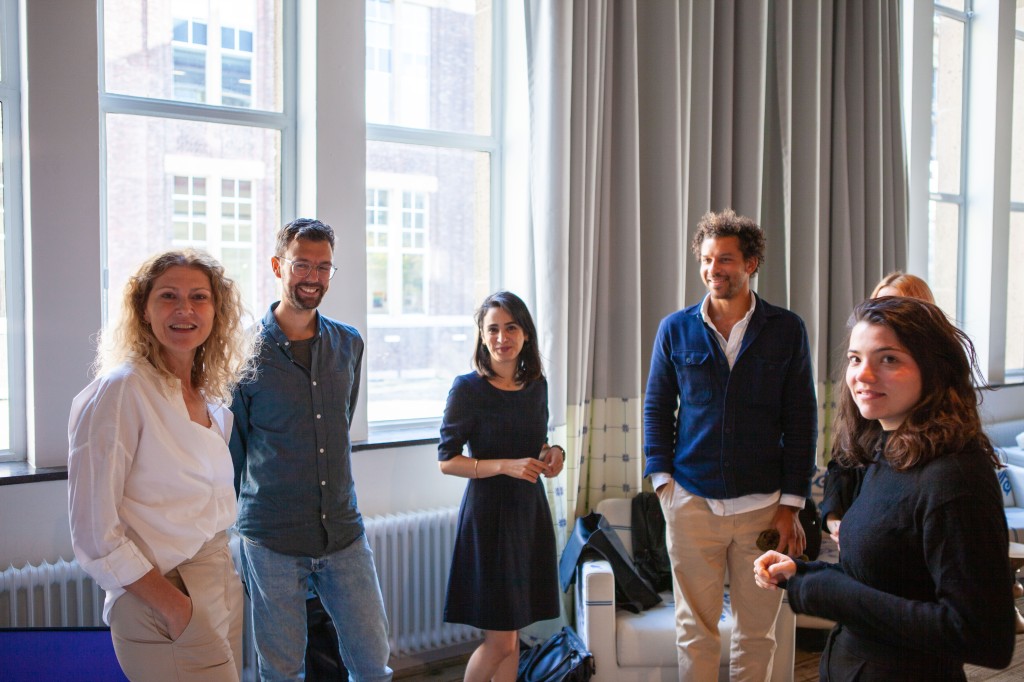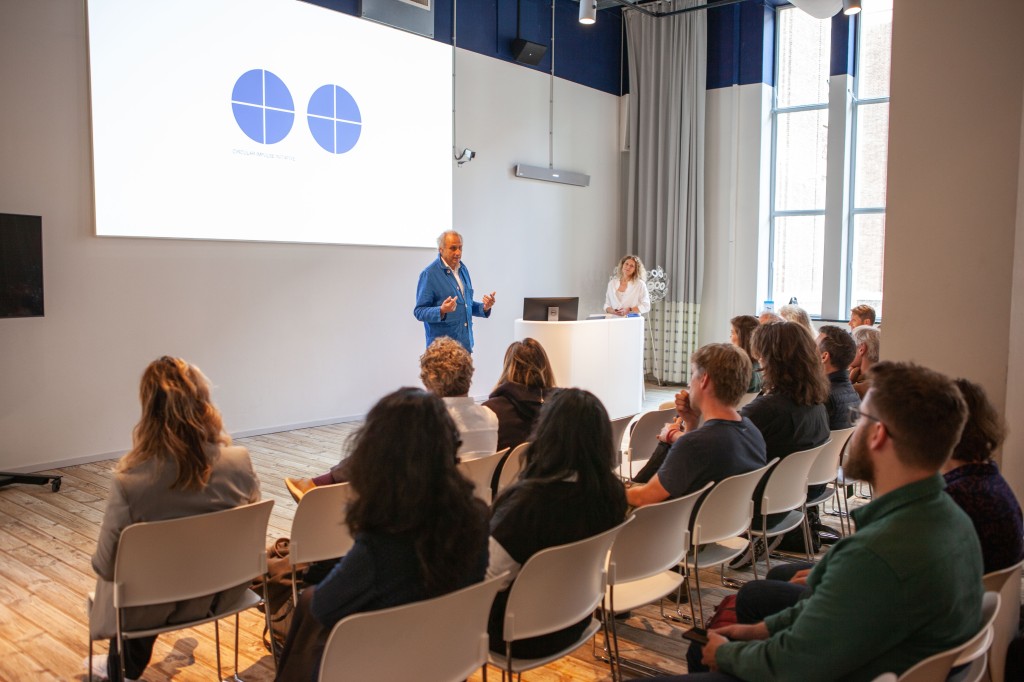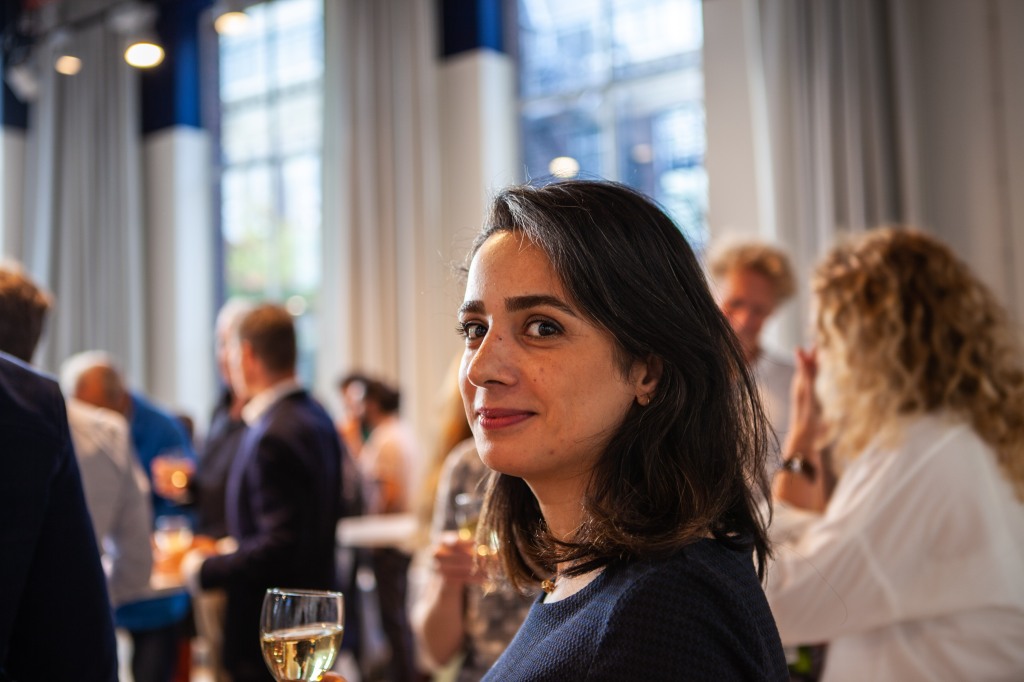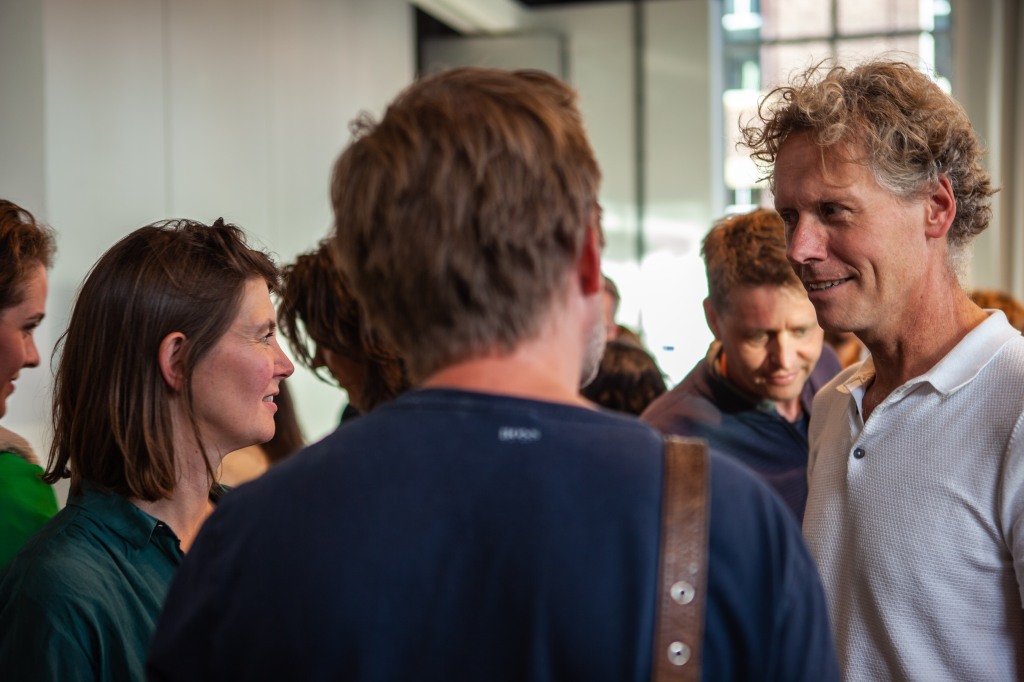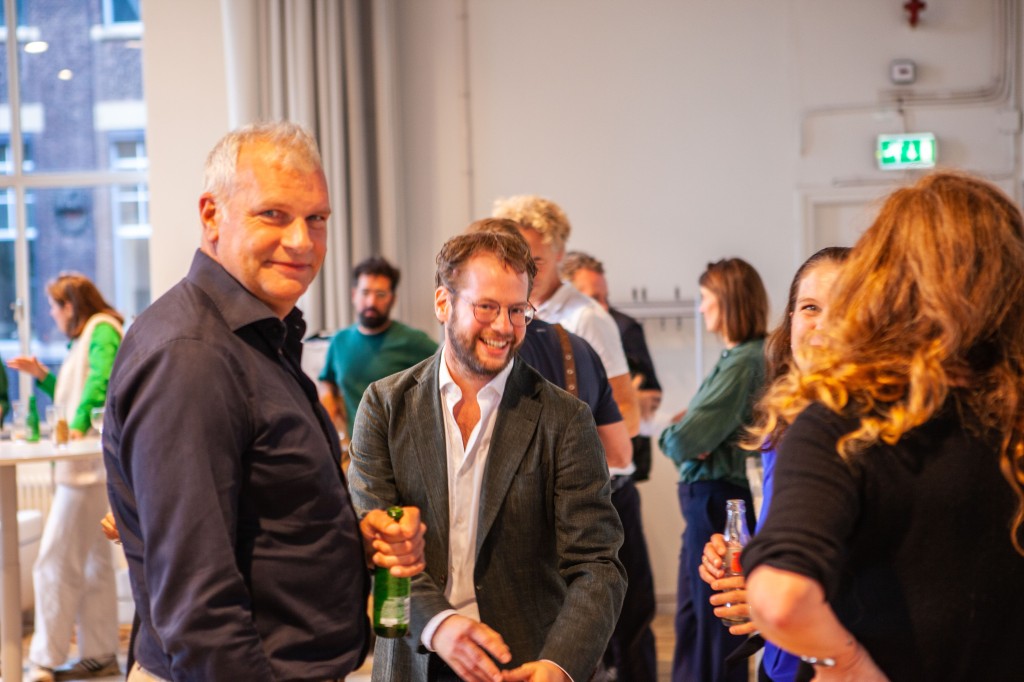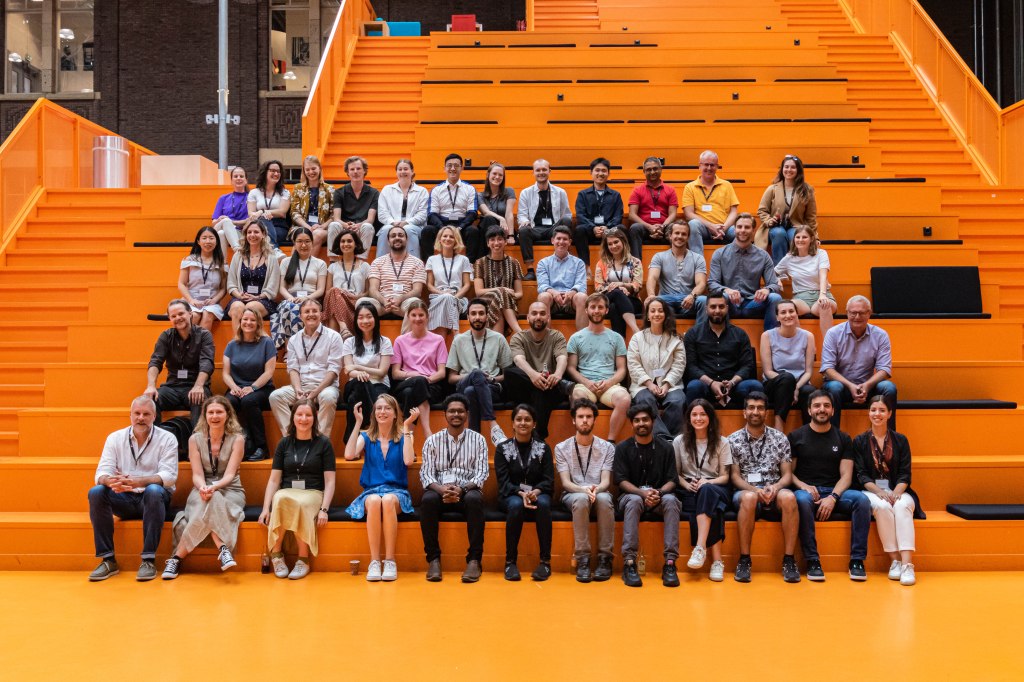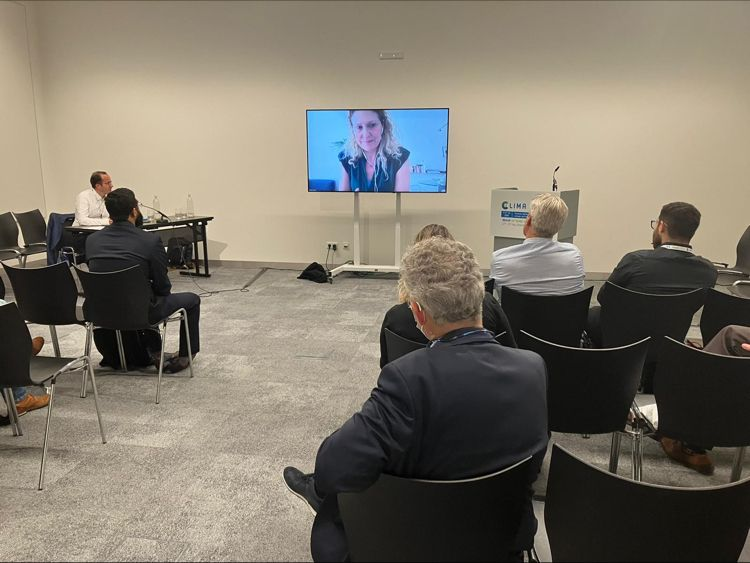Circular economy (CE) rises from environmental concerns and the reduction of use of raw materials. It is primarily motivated by cost savings and “achievement of competitive advantage for firms rather than extra-economic premises.”
Diverse economies (DEs) emerge from the growing need to represent the diversity of forms of economic organization both within and outside global capitalism. They are portrayed as “necessary features of an intrinsically heterogeneous and locally emergent economy landscape comprising of a great variety of institutional forms and circuits of value.” They are also inherently dynamic, performed and in the process of becoming (both organizationally and geographically). They are important for community development.
DEs are increasingly aligned with CE practices as in the R strategies: this way, institutions and enterprises operating in DE serve as sinks for outflows and capture flows of stocks recirculating through DE itself. Alternative economic spaces often emerge from the need to provide means of survival for communities. The notion of ‘circuits of value’ provides an analytical glue between CE and DEs.
CIRCUITS OF VALUE: these refer to material and social pathways around which values are produced, transformed, exchanged and consumed through relevant economic activities. As these circuits are being constantly reconfigured by social relations, they embed multiple, diverse conceptions of both capitalist and non-capitalist values. By embedding non-capitalist values, ‘circuits of value’ go beyond Marx’s ‘circuits of capital’ that refer to pathways in which labor and commodity value circulate across spaces of consumption, production and exchange through monetary financial transactions and their supporting institutions and where any generated surplus is appropriated by the owner of the means of production and therefore value is mainly connected to capital-labor relations. Circuits of capital have also been distinguished between upper circuits (mainstream economic activities) and lower circuits (small-scale, informal enterprises). By looking into circuits of value instead of capital, upper and lower circuits can potentially “support the development of necessary conditions to sustain or improve extant social relations, human life and (circular) economic activities.”
Reference – Excerpts from:
Małgorzata Lekan, Andrew E. G. Jonas & Pauline Deutz (2021) Circularity as Alterity? Untangling Circuits of Value in the Social Enterprise–Led Local Development of the Circular Economy, Economic Geography, 97:3, 257-283, DOI: 10.1080/00130095.2021.1931109
